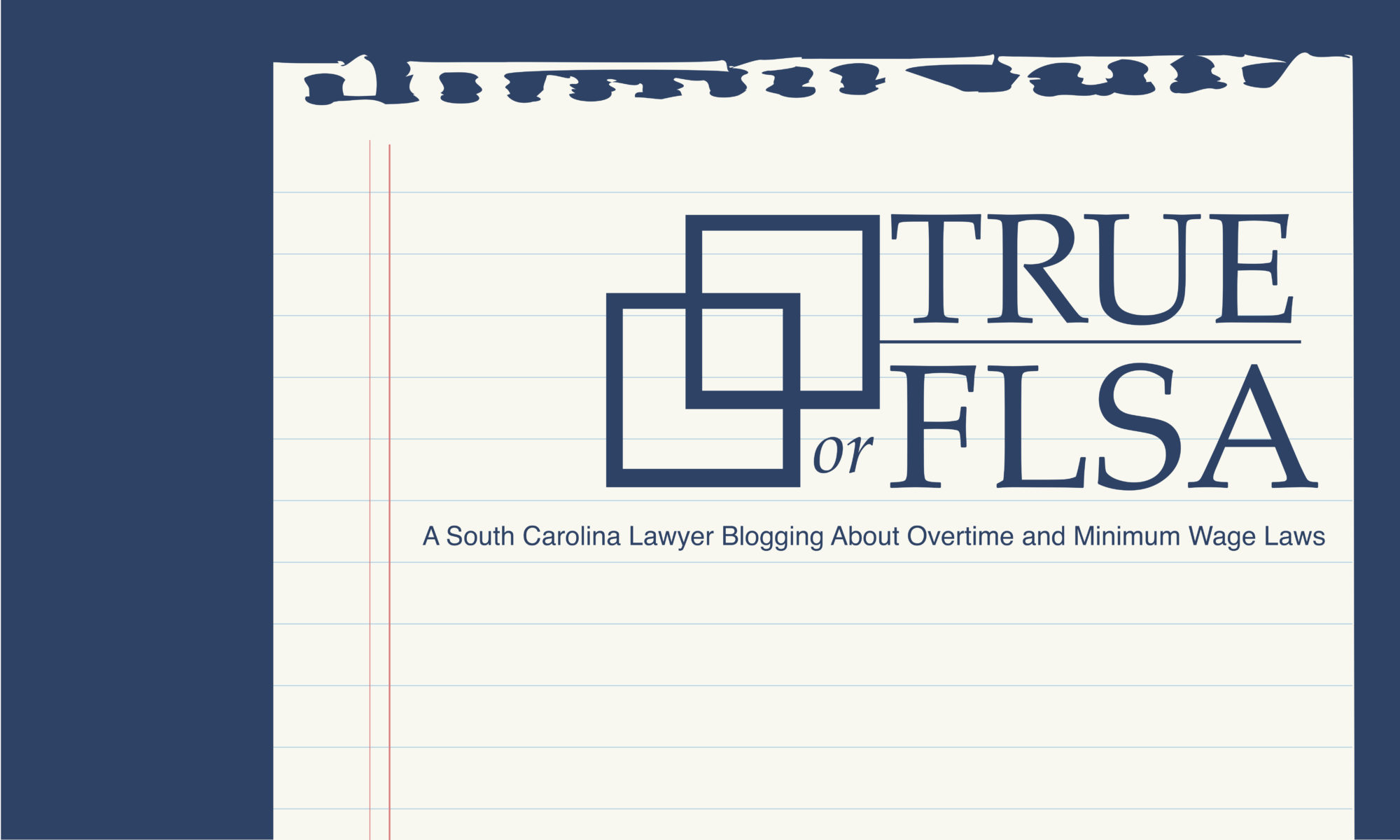On August 30, 2023, the U.S. Department of Labor issued a notice for a proposed rule change under the Fair Labor Standards Act (FLSA). If the rule goes into effect, the DOL would increase the minimum salary amount that an employee must be paid in order to qualify as exempt from overtime pay for the Salary Test under the FLSA.
As I’ve mentioned before, in order for a company to avoid paying an employee overtime pay (1.5 times the regular hourly rate), the employee must be paid enough in salary to meet the Salary Test under the FLSA (currently at least $684 per week) and must perform certain duties to meet the Duties Test (executive duties, administrative duties, or professional duties, most commonly).
Under the proposed rule, the Department of Labor would be increasing the minimum salary of $684 per week up to the new amount of $1,059 per week. If enacted, the DOL estimates that approximately 3.4 million employees would be newly entitled to overtime pay (unless the company increased the employee’s pay to meet the new threshold).
At this point, the public is allowed to comment on the proposed rule change, but once the DOL moves forward with increasing the salary amount, we can expect to see significant litigation from companies and their lobbyists opposing the increase. And ultimately a court will have to decide whether the increase is appropriate and allowed under the DOL’s rulemaking authority. Stay tuned!
If you have any other questions about whether or not you’re entitled to overtime pay under the FLSA, please feel free to reach out to me directly at jsummerlin@hortonlawfirm.net for a more detailed exploration of your situation.
